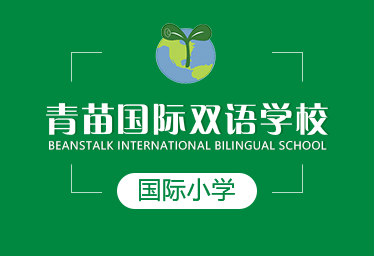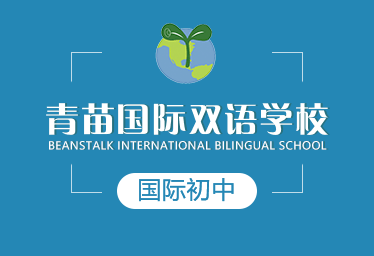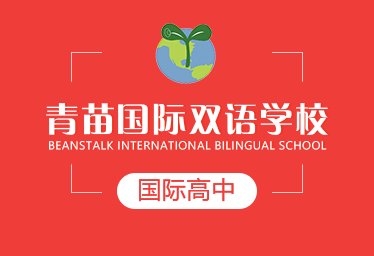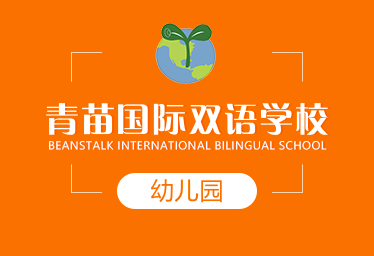寻根·汉字的故事 ——记青苗上东校区“文学周”中文活动
来源:雅学教育招生网
时间:2022-01-27 14:52:58
汉字是中华文明最重要的组成部分,也是世界上使用时间最久、空间最广、人数最多的文字之一。汉字的创制和应用不仅推进了中华文化的发展,还对世界文化的发展产生了深远的影响。
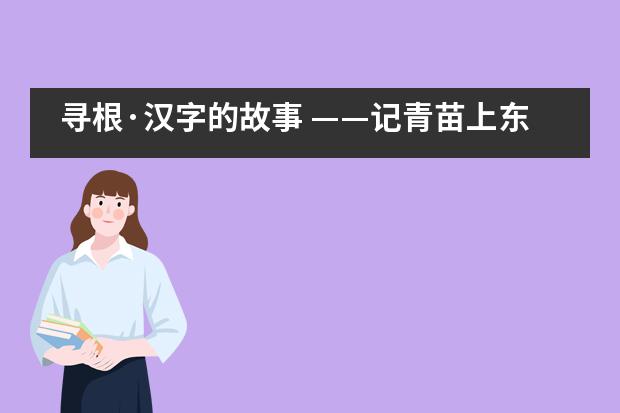
为激发学生对汉字学习的兴趣,加深对汉字的理解和认识,在青苗国际双语学校上东校区刚刚结束的文学周上,中文教学团队选择了以“寻根·汉字的故事”为共同的活动主题。老师们根据各年级学生特点及日常教学情况,通过开展形式多样的活动,引导学生去探究汉字的起源、汉字的造字法、汉字的结构、汉字的演变等等相关知识。
下面就让我们跟随着孩子们的视角一起走进“汉字的故事”。
学前班
学前班的探究主题是“汉字笔画的研究和归类”。同学们在老师的带领下,通过复习开学以来学到的笔画与汉字,将课堂上书写练习过的汉字进行剪切,按笔画归类,最后制作出精美的属于他们自己的“汉字笔画归类书 ”。

一年级
一年级的探究主题是“汉字的造字法——象形字和会意字”。同学们在一起阅读了《仓颉日记之汉字由来》系列图书之后,又通过老师们精心准备的各种视频和文字资料,初步了解了汉字演变的过程,然后通过亲自动手画一画,写一写的活动,完成了《“画”文字》的小书和《中国文字“画”》手抄报等作品。
二年级
二年级的探究主题是“汉字的神奇结构”。同学们在老师的引导下,系统地了解了汉字的结构,将已经学过的汉字按不同的结构(如左右、上下、包围、独体等)进行分类,并通过小组合作学习,自主探索上半学年还将要学习的生字及其结构,将这些汉字进行了结构 “大分类”,并制作了形式各异的 “汉字结构” 或 “汉字偏旁” 的小海报。

三年级
三年级的探究主题是“汉字的演变历程”。通过读故事、演故事的形式,三年级的同学们了解了汉字的起源以及汉字演变的过程。特别值得一提的是,结合UOI探究主题——榜样的力量,三年级的小演员们在创作表演之前,通过观摩五年级的大哥哥大姐姐们的课本剧表演,并聆听他们给出的表演经验分享,认真揣摩每一个角色的特点,充分发挥想象力,团结协作,动手制作了各种各样的道具,生动地将《仓颉造字》《刻在甲骨文上的文字》《李斯作小篆》等汉字故事展现在了大家面前。

四年级
四年级的探究主题是“赏析汉字的不同字体,了解著名书法家的事迹”。四年级的同学们不仅通过阅读了解了汉字字体的演变过程,认识了各种字体的代表书法家,还亲自动笔,尝试了书写各种字体。从甲骨文到草书,他们选择自己喜欢的字体认真临摹练习,并最终实现在竹简上书写了《论语》等自己喜欢的文言文,真正体会了“学富五车”的含义。
五年级
五年级的探究主题是“生活中的易错字”。作为校园里的“前辈”,五年级的同学们义不容辞地承担起了“纠错”的任务,为了帮助大家避免和减少在中文学习中的错误,他们通过详细地调查和分析,从“音、形、意”三个方面,梳理了生活和学习中容易出错的汉字,并通过制作张贴正音词卡、改错题卡等活动与全校同学互动,倡议和推广规范使用汉字。一场“我爱汉字”的主题联欢会,更是将五年级的探究活动推向了高潮。

时间总是过得很快,虽然这一次的“寻根”之旅伴随着同学们的快乐与创意,暂时告一段落,但是对于学习汉字和中华文化的热爱之情,已经像一粒粒的种子,在孩子们的心中生根发芽。意欲未尽的他们已经开始憧憬下一次的文学周活动,相信通过这一次的努力实践,明年的文学周他们一定会有更加精彩的表现。
Being the oldest and most widely used characters, Chinese characters are the most important Chinese cultural component. The creation and application of Chinese characters have had deep and profound influences on not only Chinese but also worldwide cultures.

In the latest Literature Week event at BIBS UES campus, the Chinese teaching department chose ‘Roots · Chinese Characters’ as the theme to inspire and encourage our students to have better understanding on the embodiment of our mother language. Teachers carried out various types of activities and guided the students to inquire on the origin, forming, structure and changes of Chinese characters.

Let’s have a look at their stories today.
Pre-school
The inquiry theme for pre-school classes was the Study & Categorizing of Chinese Character Strokes. Teachers helped the students to review the Chinese characters and strokes they have already learnt, and separated the strokes from the characters, followed by categorizing, and at last produced their own version of Chinese Character Strokes Category.

G1
The inquiry theme for G1 classes was ‘Forming of Chinese Characters – Pictographic & Meaning Joint’. After reading the book The Inventor of Chinese Characters - Diary of Cang Jie and other video and text materials, students began to understand how the Chinese characters have transformed, and then produced their own picture books and manuscripts.

G2
The inquiry theme for G2 classes was The Amazing Structures of Chinese Characters. Our teachers guided the students through the structure and system of Chinese characters and categorized the components accordingly. Students also inquired on the new characters to learn and their structure via group studying, and made different types of posters for structures and components.

G3
The inquiry theme for G3 classes was The Transforming of Chinese Characters. Through reading and acting stories, G3 students had the opportunity to understand how Chinese characters were invented and how they have transformed. In connection with the UOI inquiry theme – The Power of Role Model, little G3 actors and actresses watched G5 students’ textbook drama and listened to their feedback before composing their own script. Now they have the stories about Chinese characters of Cang Jie the Inventor of Chinese Characters, Inscriptions on Oracle Bones and The Calligraphy Style of Li Si ready to present.

G4
The inquiry theme for G4 classes was Calligraphy Styles and Calligraphers’ Stories. G4 students learnt about the transforming and renowned calligraphers via reading, and tried different calligraphy styles themselves. From oracle to cursive scripts, students tried to write The Analects of Confucius on bamboos in their favorite styles.

G5
The inquiry theme for G5 classes was ‘Common Typos’. Being the big brothers and sisters in the school, G5 students must take on the responsibility to help reducing typos commonly seen in Chinese studying. The students came up with a list of common typos by analyzing their pronunciation, structure and meaning, and made correction stickers to share with all other grades. At the end of the day, an ‘I love Chinese Characters’ party pushed the Literature Week event to a new high.

We believe the latest Literature Week has planted a little seed in every student’s heart, which will grow like their passion for the Chinese culture. We look forward to their brilliant performance and creativity in the next Literature Week.



